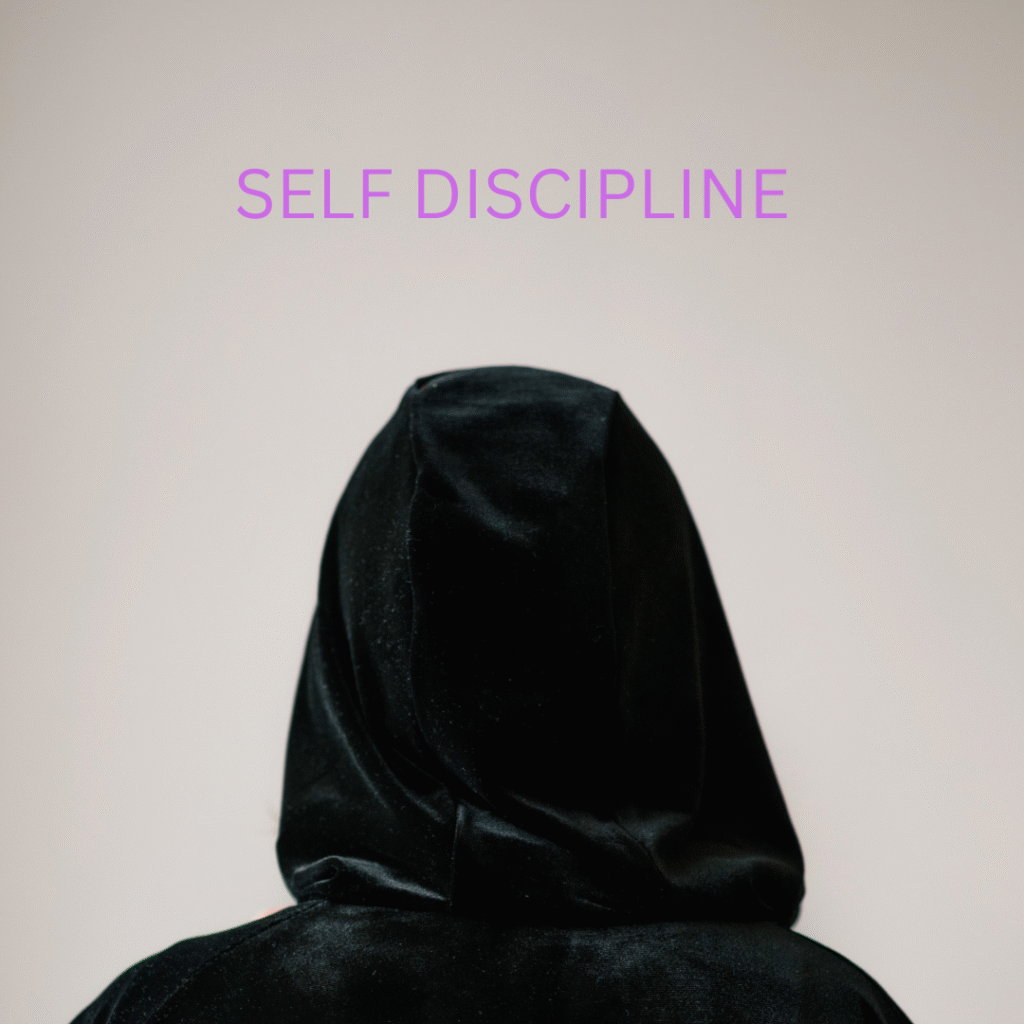
Discipline is the ability to control one’s behaviour, emotions and actions in pursuit of a goal. In 2014, a study by Angela Duck Worth and her colleagues found that self discipline predicted academic performance better than intelligence Quotient (IQ).
A high school student struggling with grades saw this research and decided to test it. He set a goal to improve his math scores within three months. According to research from the American psychological Association shows that students who practice self discipline tend to achieve 15% higher grades than their peers. Inspired by the research, he adopted a strict study schedule – two hours of focused math practice daily no distractions.
At first, it was difficult. Research from Stanford University showed that it takes an average of 66 days to form a new habit ( lally et al., 2009). He stayed committed by using the pomodoro technique – 25 minutes of intense study followed by a 5 minutes break. By the end of the semester, his math scores increased from 65% to 88%, aligning with findings from the Journal of Educational Psychology, which states that disciplined study habits improve learning efficiency by 30% (Zimmerman, Schunk 2021).
It is very pertinent to know that discipline is important, just as “intelligence” is very vital for key success.



